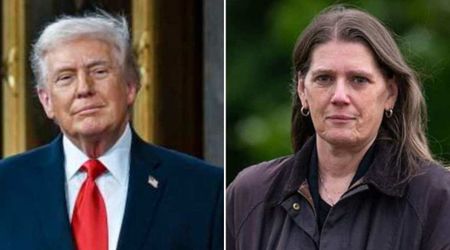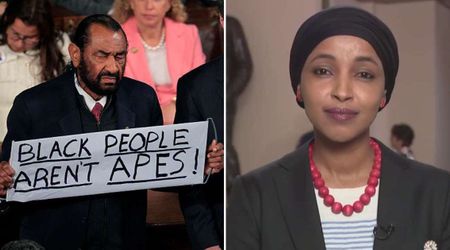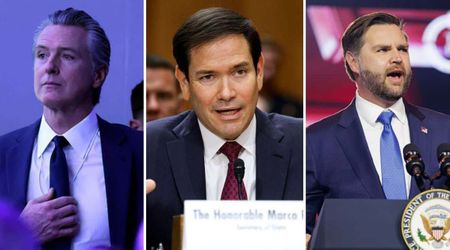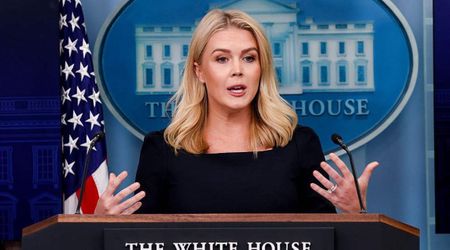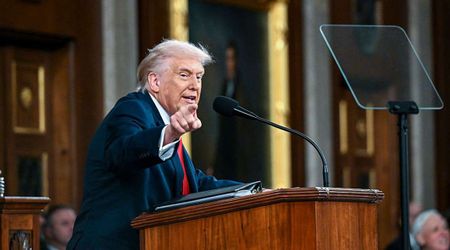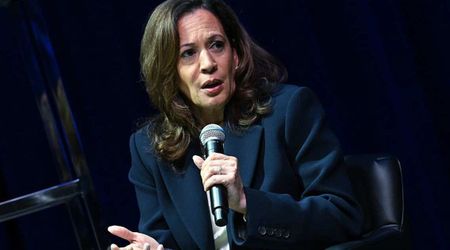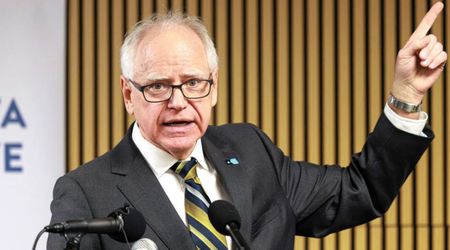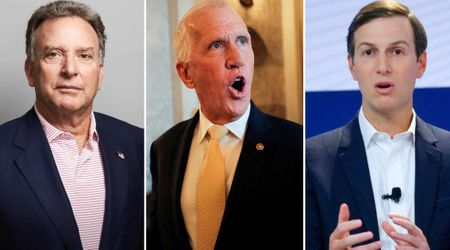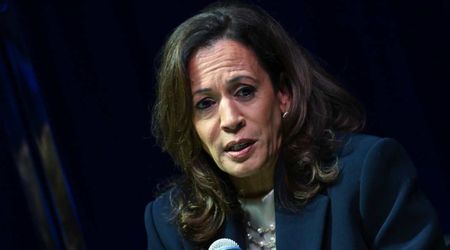Arizona SC’s decision to allow 98K unconfirmed citizens to vote in elections sparks debate

PHEONIX, ARIZONA: The Arizona Supreme Court ruled on Friday, September 20, that around 98,000 people whose US citizenship has not been confirmed will be allowed to vote in the upcoming state and local elections, per Fox News.
The court's decision came after officials disclosed a "database error" that erroneously classified the voters as having access to the full ballot for the past two decades.
Arizona Supreme Court allows 98K unconfirmed citizens to vote in election
The Secretary of State Adrian Fontes, a Democrat, and Stephen Richer, the Republican Maricopa County recorder, disagreed on the voters' status. Richer asked the high court to weigh in, adding that Fontes ignored state law by advising county officials to allow affected voters to cast full ballots.
Meanwhile, Fontes argued that denying voters who believed they met the voting requirements access to the full ballot would raise concerns regarding equal protection and due process.

Notably, the high court sided with Fontes, stating that county officials do not have the authority to alter the voters' statuses, as these individuals registered long ago and affirmed their citizenship under penalty of law.
The justices noted that the voters were not responsible for the "database error" and highlighted the limited time remaining before the November 5 general election.
Chief Justice Ann Scott Timmer stated in the ruling, "We are unwilling on these facts to disenfranchise voters en masse from participating in state contests."
Arizona's unique voting law
Arizona is unique among states as it requires voters to prove their citizenship in order to participate in local and state elections. Voters can verify their citizenship by providing a driver's license or tribal ID number, or by submitting a copy of a birth certificate, passport, or naturalization documents, per the Atlanta Journal Constitution.
The state accepts driver's licenses issued after October 1996 as valid proof of citizenship. However, a system coding error mistakenly designated nearly 98,000 voters who obtained licenses before 1996—about 2.5% of all registered voters—as eligible for full ballots, according to state officials.
Don't let anybody lie to you about the Arizona Supreme Court decision. Those 98,000 people are legally registered voters who registered a LONG time ago and it was only due to a state database error that any of this confusion exists. They were always allowed to vote. pic.twitter.com/pNul0Ue5Z5
— SenjutsuSage (@SenninSage) September 21, 2024
Notably, the error between the state's voter registration database and the Motor Vehicle Division would not have affected the presidential race.
However, the number of votes could sway outcomes in competitive state Legislature races, where Republicans hold a narrow majority in both chambers.
Internet divided as Arizona SC allows 98K unconfirmed citizens to vote in election
People online were divided, with mixed reactions, after the Arizona Supreme Court ruled that nearly 98,000 individuals whose US citizenship has not been confirmed will be permitted to vote in the upcoming state and local elections.
Some online comments read, "Seems like it would be more appropriate to error on the side of caution and rule they can’t vote until they prove who they are. After all, our country needs honesty and not fraudulent voting," and "I’d say it’s unbelievable but that term went out the window years ago. Surely this can be appealed to SCOTUS for immediate review and ruling. How can non-citizens be allowed to vote?"

A person also stated, "State and local elections - because they live in those areas and have a right to vote. It's not rocket science," whereas one mentioned, "American citizens lose again. it’s sad that the next president could be elected because of the vote of illegal immigrants."
A user also wrote, "I don't understand what is so hard about this. When you get your valid ID or drivers license, you register to vote," while one commented, "It’s for state election not federal." [sic]
A person also mentioned, "Here we go again, why wouldn’t anybody NOT want a fair election. Win or lose should be fair." [sic]
This article contains remarks made on the Internet by individual people and organizations. MEAWW cannot confirm them independently and does not support claims or opinions being made online.

